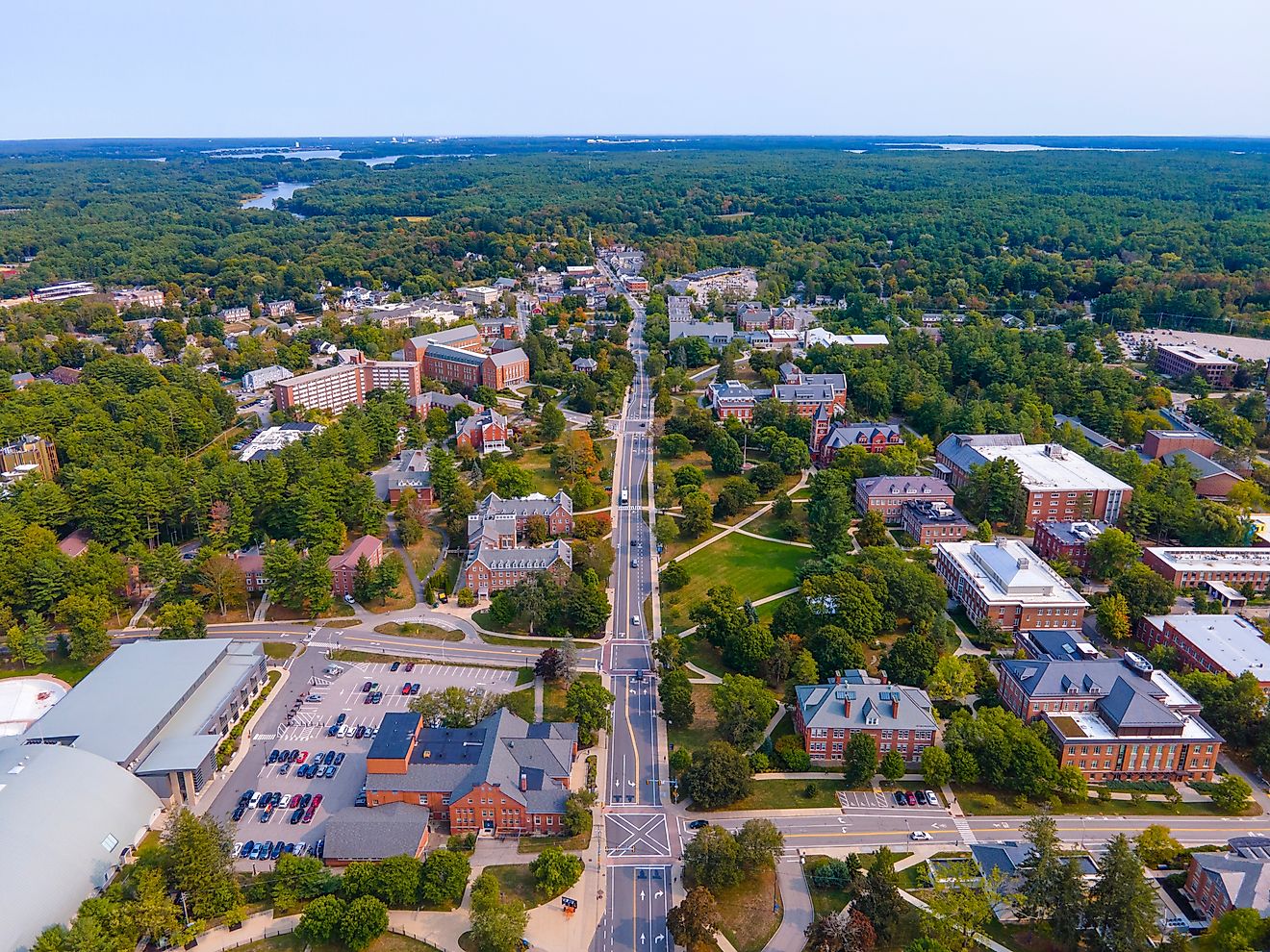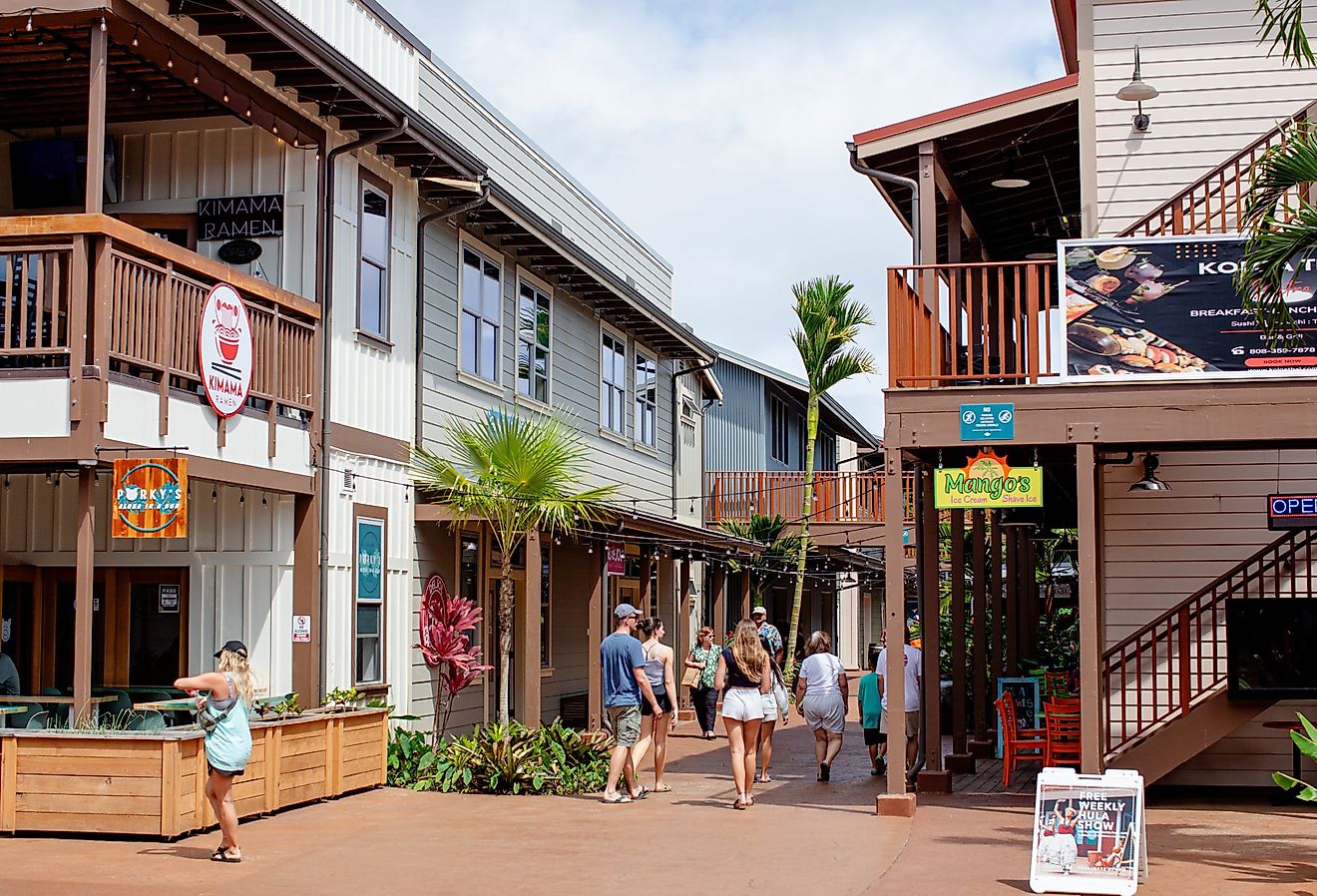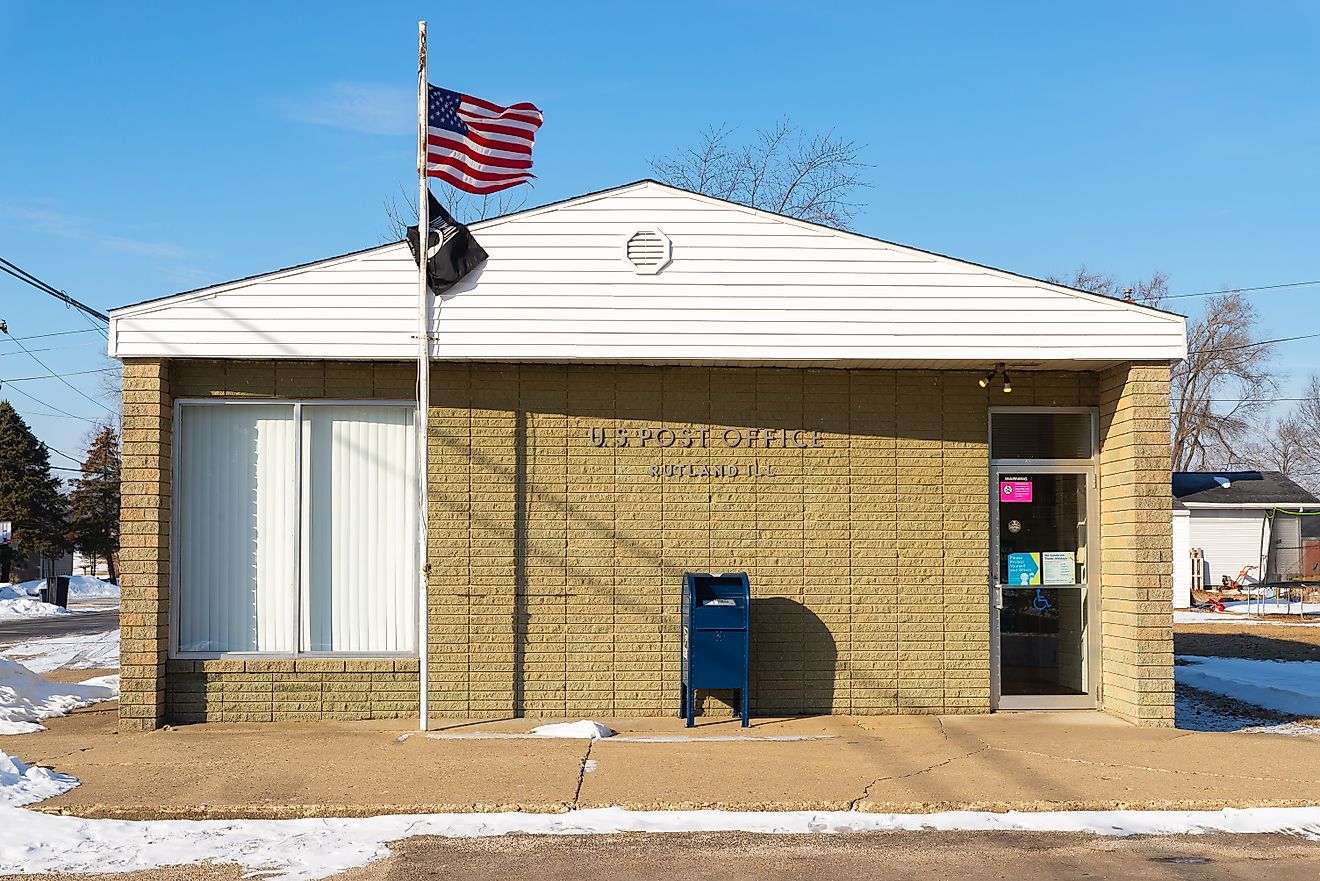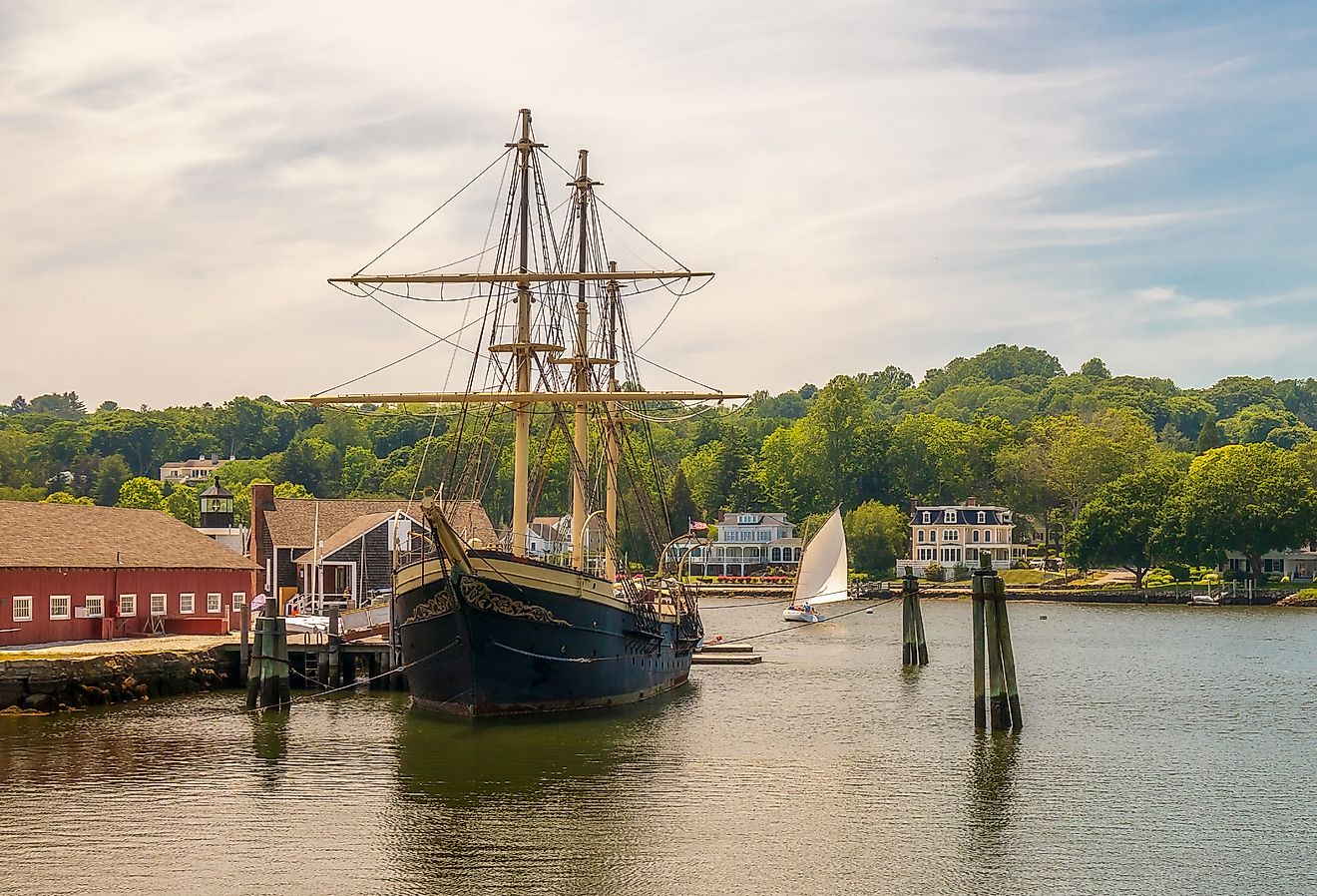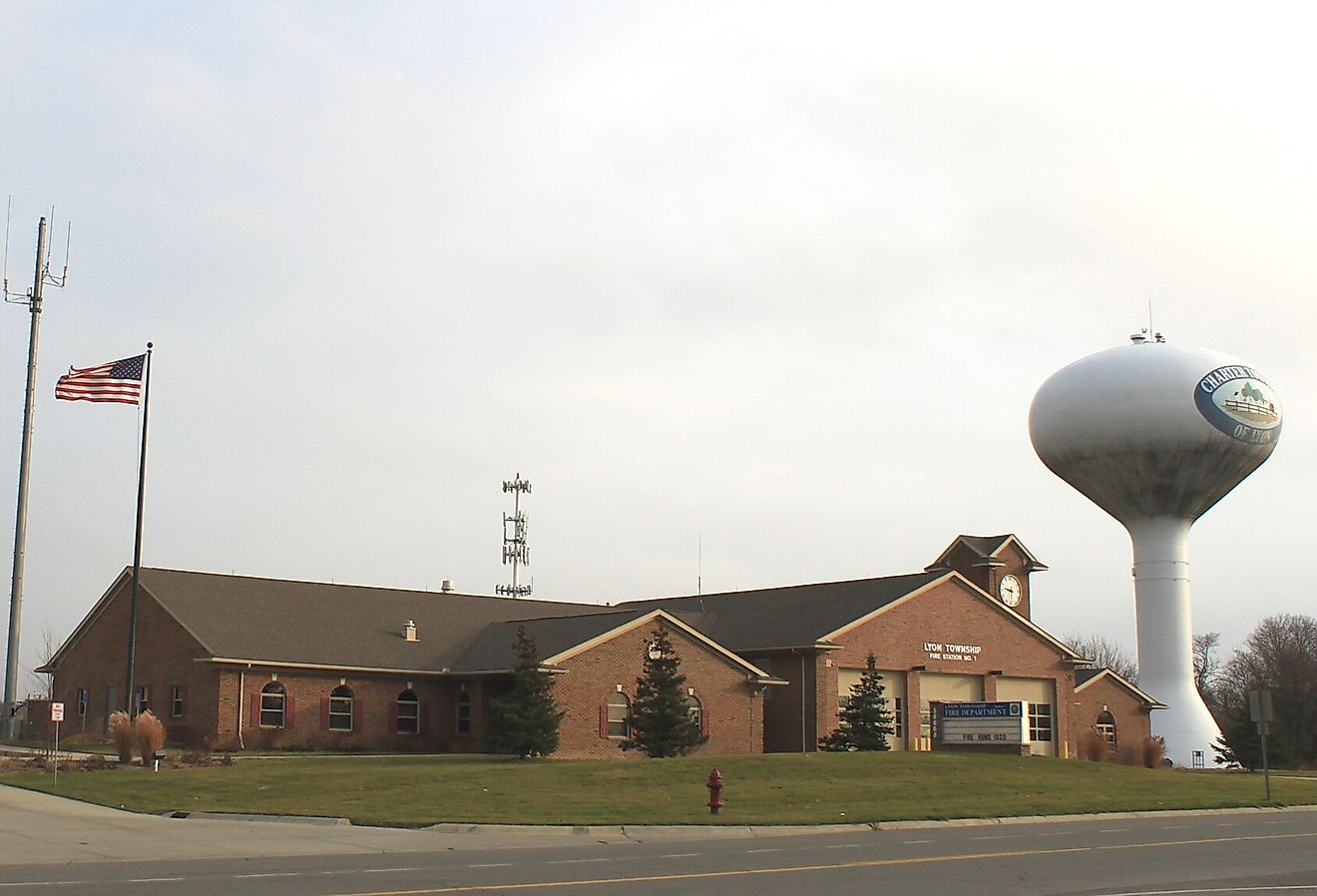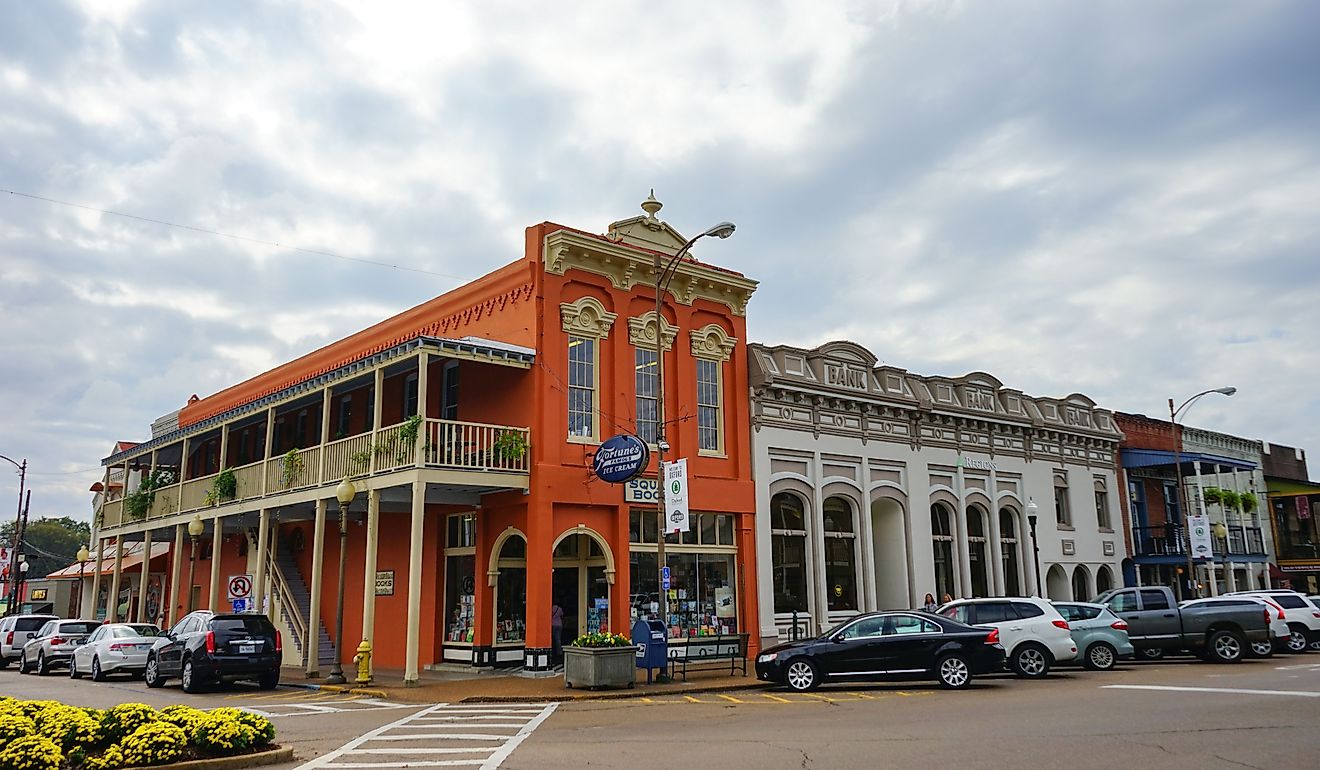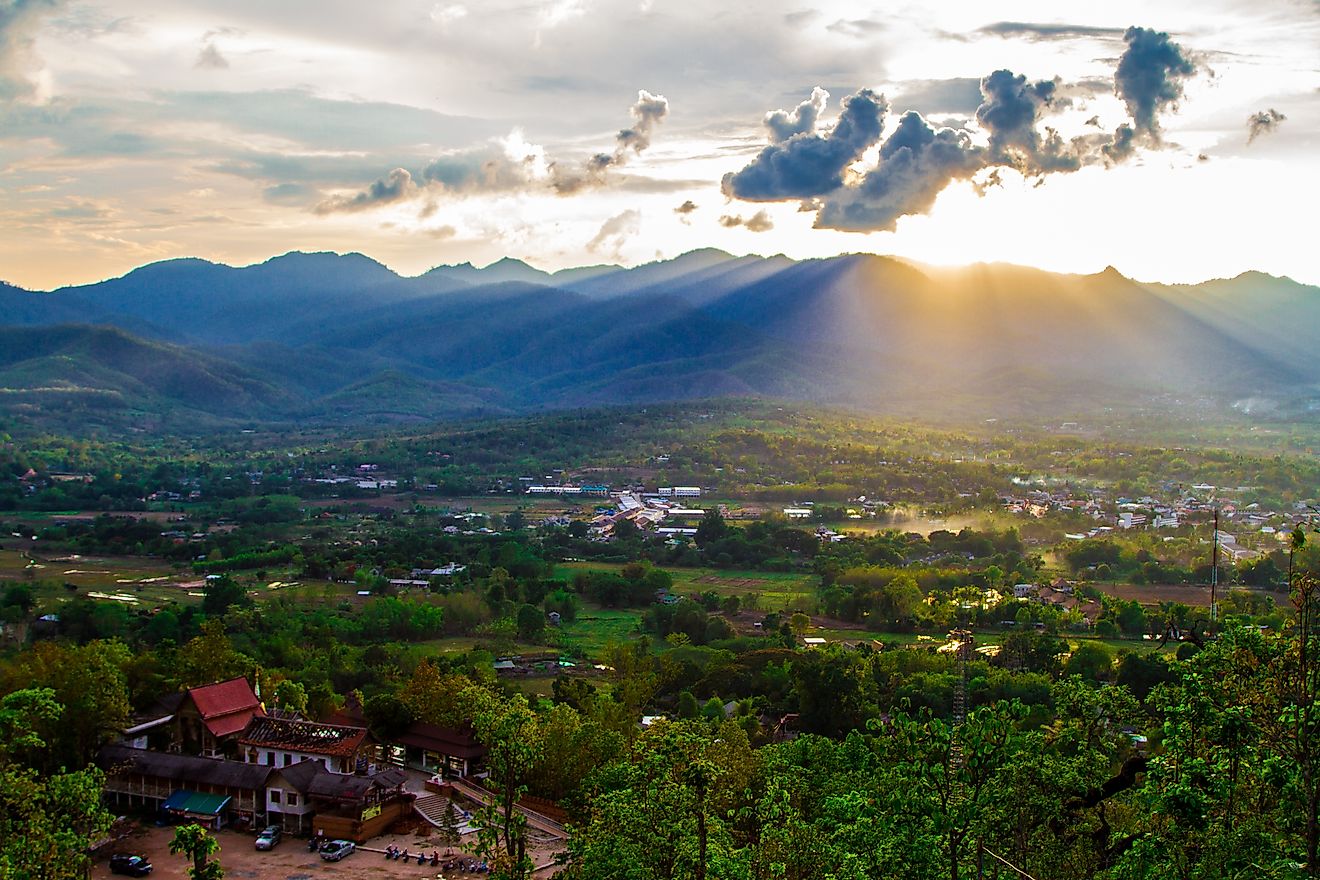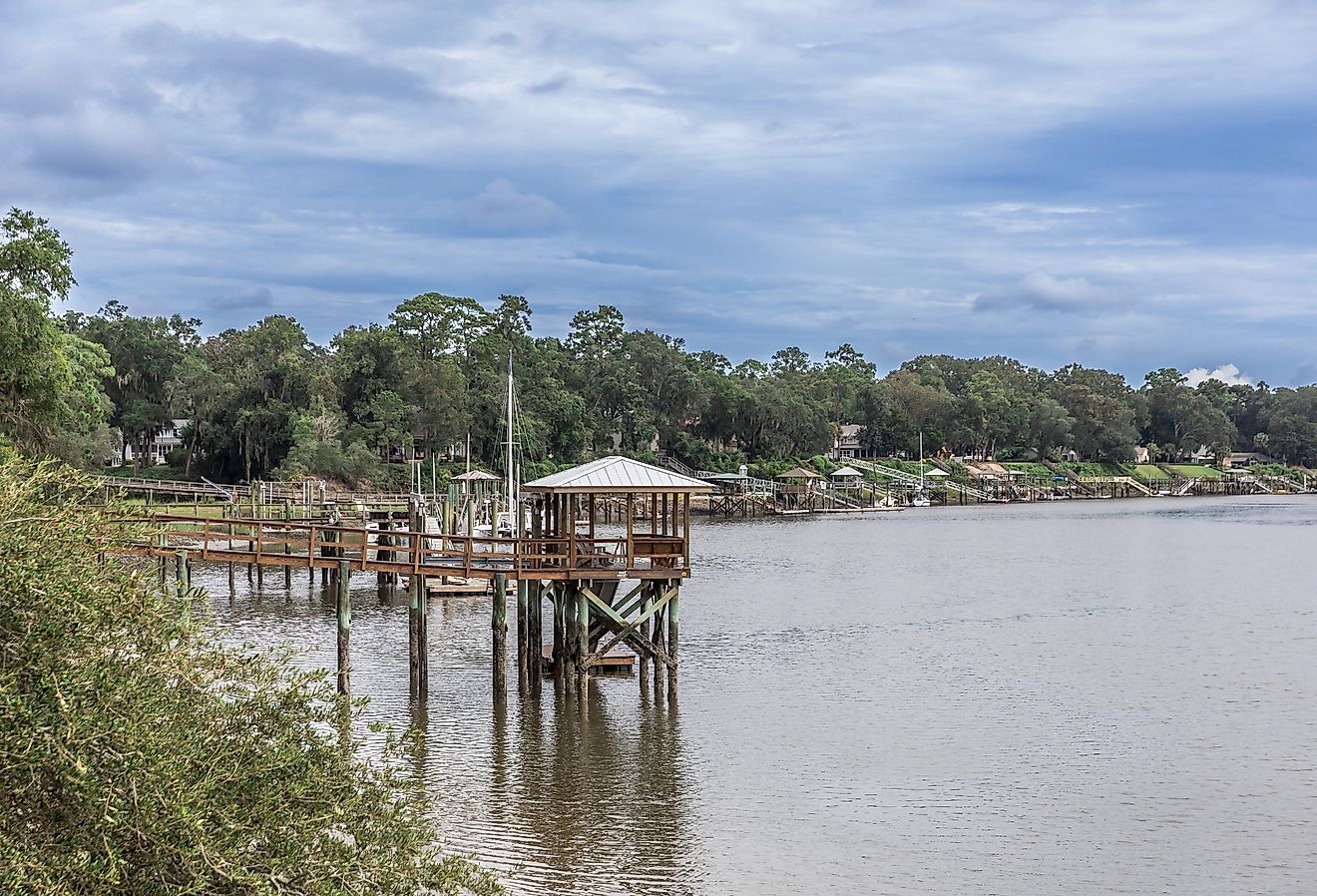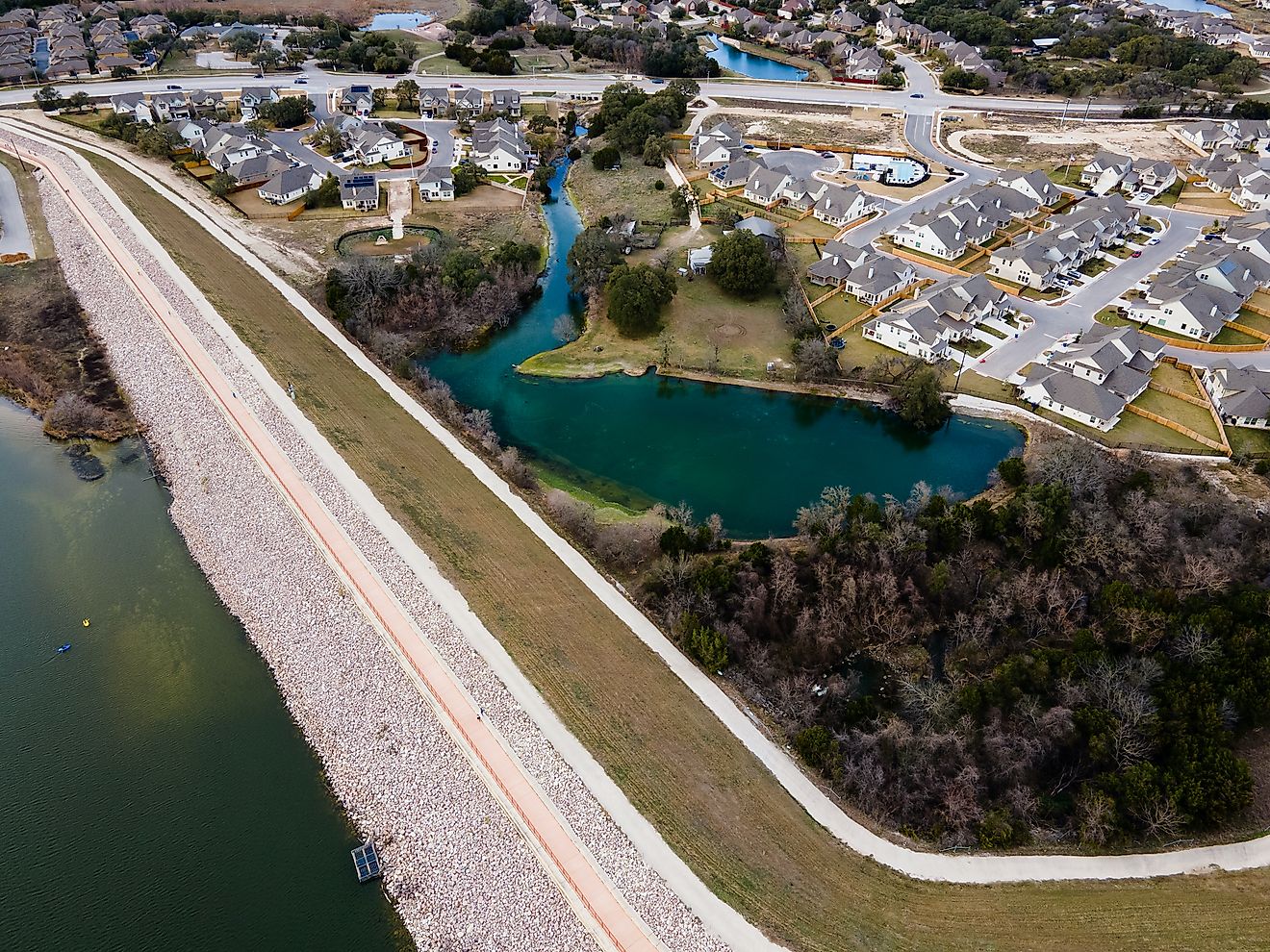Top 10 Busiest Rapid Transit Systems In North America

A rapid transit system is an electric railway system used for local transit in Metropolitan areas. A rapid transit line may be constructed underground (subway), at street level, or above street level (elevated transit line). The system operates an exclusive right-of-way and can transport a large number of people over short distances within the shortest time. Although China has the largest number of rapid transit systems in the world, some of the single largest rapid transit systems are located in North America. The five busiest rapid transit systems in North America in terms of annual ridership are highlighted below.
New York
The New York City Subway belongs to the City of New York but operated by the New York City Transit Authority. It is one of the oldest transit systems in the world. It is also the most used metro system and one with the highest number of stations (472 stations in operation). The subway contains 236 miles of routes. New York City subway is the 8th busiest rapid transit rail system in the world. In 2017, it offered 1.72 billion rides or 5.58 million rides per day. On September 23, 2014, over 6 million people used the subway system, the highest single-day ridership since 1985.
Mexico City
The Mexico City Metro serves the metropolitan area of Mexico City and some of the municipalities in Mexico. In 2016, the metro system served 1.6 billion passengers, the 9th highest ridership in the world. Since the inauguration of the metro line in 1969, the system has expanded from a single 7.9-mile line serving 16 stations to 12 lines serving 195 stations in 2015.
Montreal
The Montreal Metro serves the city of Montreal, Quebec. It was opened to the public in October 1966 and has since expanded from three lines serving 26 stations to four lines serving 68 stations. The four lines total 43 miles in length and serve the Island of Montreal. The rapid transit system offers over 1.2 million passenger trips daily during the week. In 2016, over 350 million trips were made on the Montreal Metro and by 2010 the metro system had transported about 7 billion passengers.
Toronto
The Toronto Subway serves the city of Toronto and the suburb of Vaughan. This rapid transit system consists of three underground rail lines and one elevated rail line, collectively serving 75 stations. The subway is Canada’s second-busiest rapid transit system after the Montreal Metro, with 915,000 passenger trips daily during the week. With a track length of 47.8 miles, it is the 2nd longest rapid transit system in Canada after the Vancouver Sky Train.
Washington D.C.
Washington Metro serves the Washington metropolitan area of the US. It also serves several other places such as Prince George’s and Montgomery counties in Maryland, and Fairfax and Arlington in Virginia. The Washington Metro was opened in 1976 and currently has six lines serving 91 stations spanning 117 miles. It is the 2nd busiest rapid transit system in the US by passenger trips after the New York City subway.
Top 10 Busiest Rapid Transit Systems in North America by Annual Ridership
| Rank | System | Country | City/Area Served | Annual Ridership (2014) |
|---|---|---|---|---|
| 1 | New York City Subway | USA | New York City | 2,758,485,000 |
| 2 | Mexico City Metro | Mexico | Mexico City | 1,561,613,597 |
| 3 | Montreal Metro | Canada | Montreal | 357,706,800 |
| 4 | Toronto subway | Canada | Toronto | 324,738,500 |
| 5 | Washington Metro | USA | Washington, D.C. | 271,160,000 |
| 6 | Chicago 'L' | USA | Chicago | 239,100,200 |
| 7 | Monterrey Metro (Metrorrey) | Mexico | Monterrey | 177,540,056 |
| 8 | MBTA Subway (Blue, Orange, and Red Lines) | USA | Boston | 174,820,200 |
| 9 | SkyTrain | Canada | Vancouver | 137,380,000 |
| 10 | Bay Area Rapid Transit (BART) | USA | San Francisco Bay Area | 132,314,200 |
